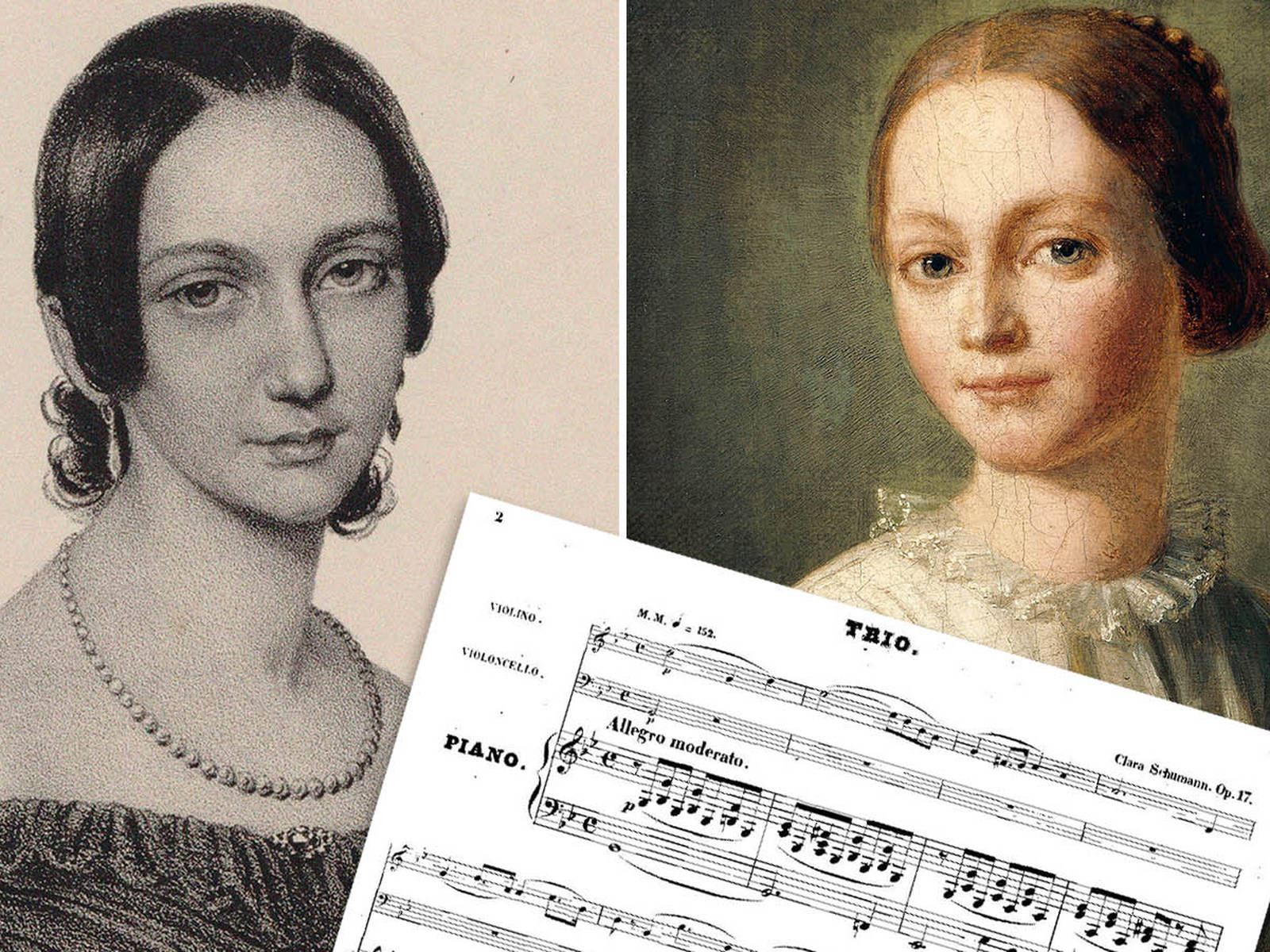Clara Schumann, an exceptional figure of the Romantic era, was not only renowned as a virtuoso pianist but also left an indelible mark as a composer. Despite living in a time when women’s achievements in music were often overshadowed, Clara’s compositions rose above societal barriers and spoke volumes of her talent. In this blog post, we delve into Clara Schumann’s illustrious musical career to showcase her ten best compositions, which continue to captivate audiences and earn her a well-deserved place in music history.
- Piano Concerto in A Minor, Op. 7: Clara Schumann’s Piano Concerto in A Minor is a monumental work that showcases her technical brilliance and profound emotional depth. Composed at a tender age of 14, this concerto displays remarkable maturity. It intertwines delicate melodies with powerful virtuosity, highlighting Clara’s exceptional pianistic skills.
- Piano Trio in G Minor, Op. 17: Clara Schumann’s Piano Trio in G Minor is a testament to her mastery of chamber music. With its rich harmonies, poignant melodies, and intricate interplay between piano, violin, and cello, this composition stands as a remarkable achievement in the genre.
- Three Romances for Violin and Piano, Op. 22: Clara’s Three Romances for Violin and Piano offer an intimate glimpse into her emotional world. These lyrical and expressive pieces capture the essence of Romanticism, portraying a wide range of emotions from tender affection to dramatic intensity.
- Scherzo No. 2 in C Minor, Op. 14: The Scherzo No. 2 in C Minor is a lively and exuberant piano piece that reveals Clara’s vibrant musical personality. Its energetic rhythms, virtuosic passages, and contrasting sections make it an engaging and delightful composition.
- Variations on a Theme by Robert Schumann, Op. 20: Clara Schumann’s Variations on a Theme by Robert Schumann pays tribute to her husband, the renowned composer Robert Schumann. This composition demonstrates her ability to transform a simple theme into a captivating set of variations, showcasing her inventiveness and ingenuity.
- Soirées musicales, Op. 6: The Soirées musicales is a collection of eight character pieces for solo piano. Each piece is imbued with its unique atmosphere and mood, ranging from playful and whimsical to tender and introspective. Clara’s sensitivity and expressive touch shine through in this captivating collection.
- Piano Sonata in G Minor: Clara Schumann’s Piano Sonata in G Minor is a tour de force of technical prowess and emotional depth. With its intricate textures, dramatic contrasts, and memorable melodies, this sonata exemplifies Clara’s ability to convey a wide range of emotions through her music.
- Prelude and Fugue in F Minor, Op. 16, No. 1: This Prelude and Fugue is a testament to Clara’s command of contrapuntal writing. The brooding prelude gives way to a masterfully crafted fugue, showcasing her skill in weaving multiple voices together with precision and elegance.
- Romances for Piano, Op. 11: Clara Schumann’s Romances for Piano offer a glimpse into her lyrical and poetic side. These short, introspective pieces demonstrate her ability to create evocative musical landscapes, evoking a sense of nostalgia and melancholy.
- Lieder: Although Clara Schumann is often celebrated for her instrumental works, her Lieder (art songs) are equally remarkable. These vocal compositions display her gift for melodic writing and sensitive portrayal of texts, making them a treasure trove of musical and emotional expression.
Conclusion:
Clara Schumann’s contributions to music as a composer continue to resonate with audiences worldwide. Her compositions showcase not only her technical prowess but also her ability to convey deep emotions and narratives through music. By exploring the ten masterful compositions mentioned above, we can appreciate Clara’s profound musical legacy and celebrate her as one of the most influential and accomplished composers of her time.


Comments are closed